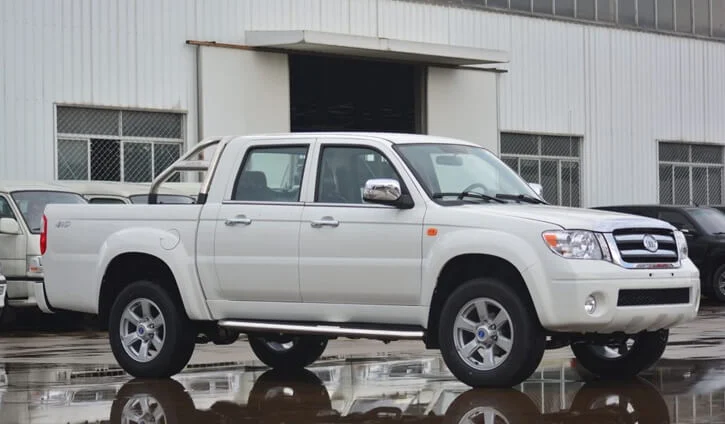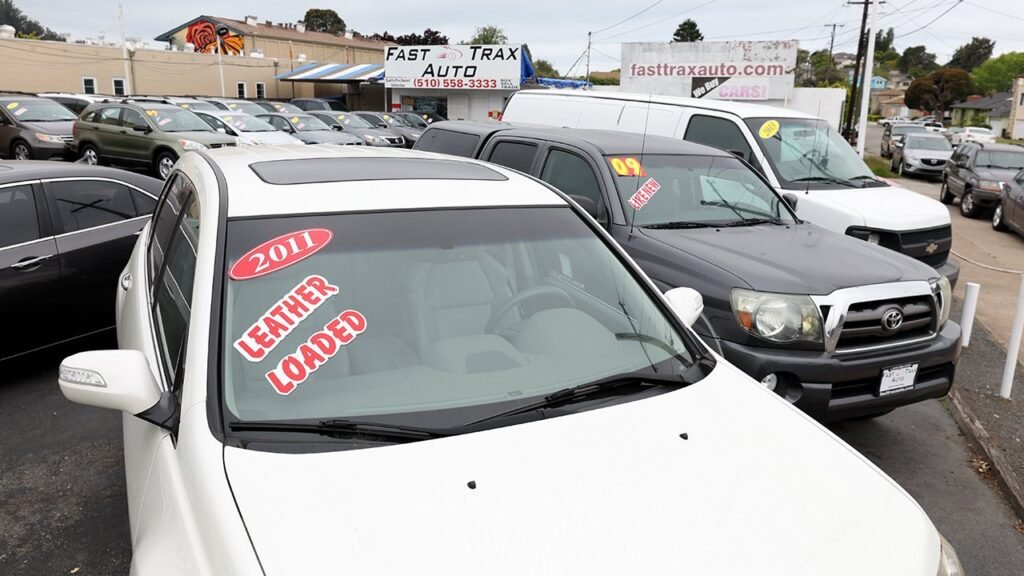The Nigerian automobile industry has witnessed significant strides in recent years, with locally assembled cars gaining prominence.
As the government encourages domestic manufacturing and discourages importation, homegrown brands are making their mark.
In this article, we delve into the world of “Made-in-Nigeria” cars, exploring their impact, brands, and what lies ahead.
The Rise of Indigenous Brands
Innoson Vehicle Manufacturing (IVM)
Innoson Vehicle Manufacturing Company Limited, founded by Nigerian industrialist Chief Innocent Chukwuma, stands at the forefront of the country’s automobile revolution. Located in Nnewi, Anambra State, IVM has successfully unveiled several car models:
- IVM Umu: A compact car designed for both official and domestic use.
- IVM Uzo: Another addition to IVM’s lineup, catering to various transportation needs.
- IVM 5380: A versatile mini-bus accommodating up to 6 passengers.
IVM’s commitment to local assembly has yielded impressive results, with models like the IVM G5 (SUV) capturing attention.
Key features include a 2.4-liter Mitsubishi engine, automatic or manual transmission, ABS, airbags, and traction control.
The IVM carrier 4wd, designed for rural logistics, boasts a spacious double cabin and petrol engine.
Innoson Vehicle Manufacturing (IVM) Models:

- IVM Carrier (Pickup Truck)
- Price: ₦10 million
- Description: The IVM Carrier comes in both 4×2 and 4×4 variants. It features engines from Mitsubishi and offers practicality for various needs.
- IVM 5000
- Price: ₦17 million
- Description: The IVM 5000 is versatile, suitable for cargo, ambulance, or passenger use. It combines economy, flexibility, and efficiency.
- IVM FOX
- Price: ₦4 million
- Description: The sporty IVM FOX offers dynamic styling and fuel-efficient technology.
- IVM UMU (Sedan)
- Price: ₦8 million
- Description: The IVM UMU sedan combines corporate style with smooth riding comfort.
- IVM G5 (SUV)
- Price: ₦22 million
- Description: The IVM G5 SUV offers a serene cabin, powerful engine, and off-road capabilities.
- IVM G6 (SUV)
- Price: ₦32 million
- Description: The INNOSON G6 combines traditional SUV design with advanced features for both on-road and off-road adventures.





Nord Automobiles
Nord Motors, another player in the Nigerian market, offers a range of vehicles, including:
- Nord Max: A reliable choice for everyday commuting.
- Flit Transport: Ideal for urban mobility.
- Aso Truck: A workhorse for logistics.
- Nord Lasgi: A compact car with style.
- Q3 Car and Q5 SUV: Blending performance and comfort.
- Nord Yarn, Ben SUV, and Urban Sedan: Diverse options for discerning buyers.
Nord Automobiles Models:

- Nord A3
- Price: ₦9.75 million
- Description: The Nord A3 compact sedan offers safety, style, and technology.
- Nord A5
- Price: ₦15.2 million
- Description: The Nord A5 is stylish, reliable, and crafted with high-quality parts.
- Nord Max (Pickup Truck)
- Price: ₦8.745 million (Diesel Engine) / ₦9.144 million (Petrol Engine)
- Description: The Nord Max is strong, built for tough terrains, and offers all-wheel drive.
- Nord Flit (Bus)
- Price: ₦10.5 million
- Description: The Nord Flit provides safety, reliability, and comfort for passengers.
- Nord Tank (Pickup Truck)
- Price: ₦11.7 million (Diesel Engine) / ₦11.7 million (Petrol Engine)
- Description: The Nord Tank is strong, powerful, and ready for any task.





The Economic Impact
Beyond providing affordable cars, the “Made-in-Nigeria” initiative contributes significantly to the nation’s economy. Benefits include:
- Employment: Local manufacturing creates jobs, supporting livelihoods across the value chain.
- Foreign Exchange Savings: Reduced importation means less reliance on foreign currency.
- Technology Transfer: Collaboration with global brands enhances technical expertise.
Challenges and the Road Ahead
While progress is evident, challenges persist. These include:
- Infrastructure: Improving roads and transportation networks is crucial.
- Quality Assurance: Ensuring consistent quality remains a priority.
- Market Perception: Convincing consumers of the reliability of homegrown cars.
Conclusion
As Nigeria continues its journey toward automotive self-sufficiency, the “Made-in-Nigeria” label represents resilience, innovation, and economic growth.
With brands like Innoson and Nord leading the way, the future looks promising for our homegrown automobile industry.
Remember, when you think of cars, think “Made-in-Nigeria.” 🇳🇬🚗💨

